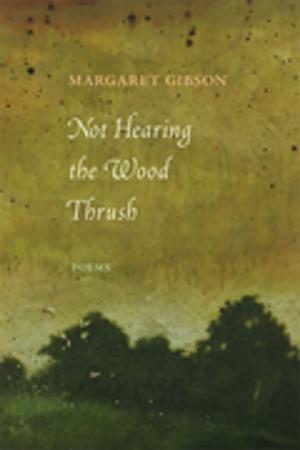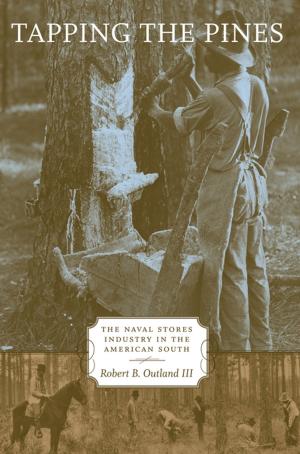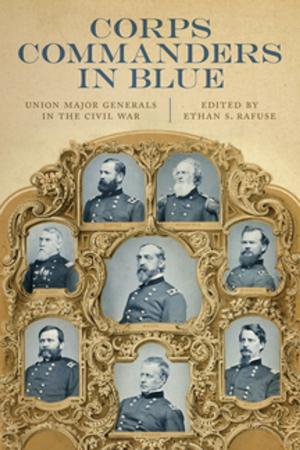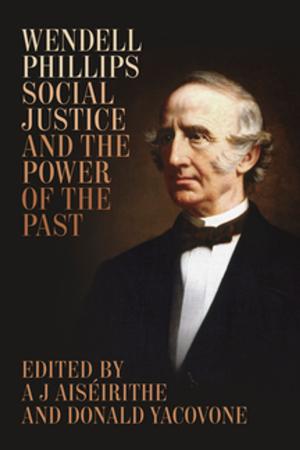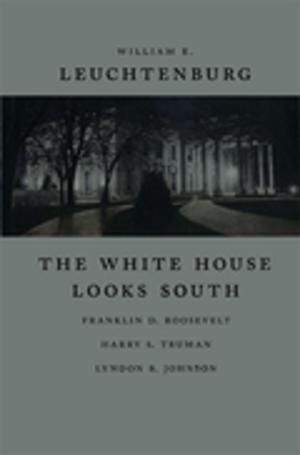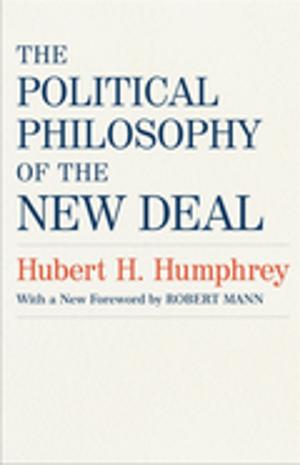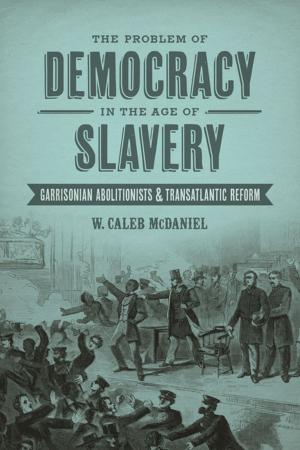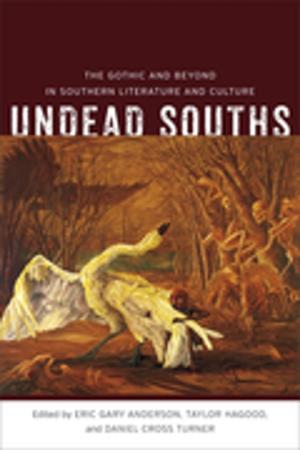Desire, Violence, and Divinity in Modern Southern Fiction
Katherine Anne Porter, Flannery O'Connor, Cormac McCarthy, Walker Percy
Fiction & Literature, Literary Theory & Criticism, American| Author: | Gary M. Ciuba | ISBN: | 9780807138656 |
| Publisher: | LSU Press | Publication: | February 4, 2011 |
| Imprint: | LSU Press | Language: | English |
| Author: | Gary M. Ciuba |
| ISBN: | 9780807138656 |
| Publisher: | LSU Press |
| Publication: | February 4, 2011 |
| Imprint: | LSU Press |
| Language: | English |
In this groundbreaking study, Gary M. Ciuba examines how four of the South's most probing writers of twentieth-century fiction -- Katherine Anne Porter, Flannery O'Connor, Cormac McCarthy, and Walker Percy -- expose the roots of violence in southern culture. Ciuba draws on the paradigm of mimetic violence developed by cultural and literary critic René Girard, who maintains that individual human nature is shaped by the desire to imitate a model. Mimetic desire may lead in turn to rivalry, cruelty, and ultimately community-sanctioned -- and sometimes ritually sanctified -- victimization of those deemed outcasts. Ciuba offers an impressively broad intellectual discussion that gives universal cultural meaning to the southern experience of desire, violence, and divinity with which these four authors wrestled and out of which they wrote.
In a comprehensive analysis of Porter's semiautobiographical Miranda stories, Ciuba focuses on the prescribed role of women that Miranda imitates and ultimately escapes. O'Connor's The Violent Bear It Away reveals three characters whose scandalous animosity caused by religious rivalry leads to the unbearable stumbling block of violence. McCarthy's protagonist in Child of God, Lester Ballard, appears as the culmination of a long tradition of the sacred violence of southern religion, twisted into his own bloody faith. And Percy's The Thanatos Syndrome brings Ciuba's discussion back to the victim, in Tom Moore's renunciation of a society in which scapegoating threatens to become the foundation of a new social regime. From nostalgia for the old order to visions of a utopian tomorrow, these authors have imagined the interrelationship of desire, antagonism, and religion throughout southern history. Ciuba's insights offer new ways of reading Porter, O'Connor, McCarthy, and Percy as well as their contemporaries who inhabited the same culture of violence -- violence desired, dreaded, denied, and deified.
In this groundbreaking study, Gary M. Ciuba examines how four of the South's most probing writers of twentieth-century fiction -- Katherine Anne Porter, Flannery O'Connor, Cormac McCarthy, and Walker Percy -- expose the roots of violence in southern culture. Ciuba draws on the paradigm of mimetic violence developed by cultural and literary critic René Girard, who maintains that individual human nature is shaped by the desire to imitate a model. Mimetic desire may lead in turn to rivalry, cruelty, and ultimately community-sanctioned -- and sometimes ritually sanctified -- victimization of those deemed outcasts. Ciuba offers an impressively broad intellectual discussion that gives universal cultural meaning to the southern experience of desire, violence, and divinity with which these four authors wrestled and out of which they wrote.
In a comprehensive analysis of Porter's semiautobiographical Miranda stories, Ciuba focuses on the prescribed role of women that Miranda imitates and ultimately escapes. O'Connor's The Violent Bear It Away reveals three characters whose scandalous animosity caused by religious rivalry leads to the unbearable stumbling block of violence. McCarthy's protagonist in Child of God, Lester Ballard, appears as the culmination of a long tradition of the sacred violence of southern religion, twisted into his own bloody faith. And Percy's The Thanatos Syndrome brings Ciuba's discussion back to the victim, in Tom Moore's renunciation of a society in which scapegoating threatens to become the foundation of a new social regime. From nostalgia for the old order to visions of a utopian tomorrow, these authors have imagined the interrelationship of desire, antagonism, and religion throughout southern history. Ciuba's insights offer new ways of reading Porter, O'Connor, McCarthy, and Percy as well as their contemporaries who inhabited the same culture of violence -- violence desired, dreaded, denied, and deified.

